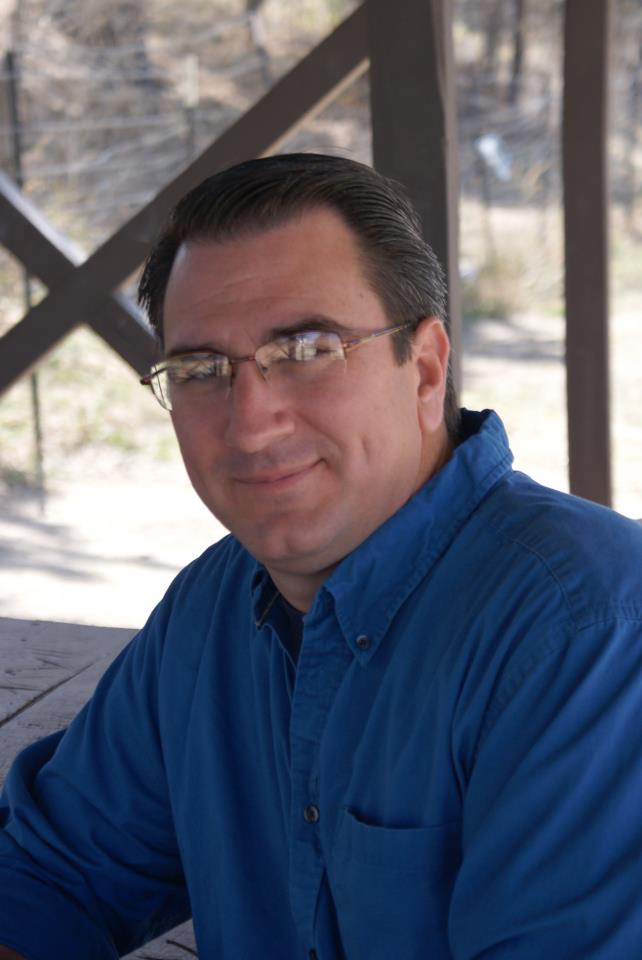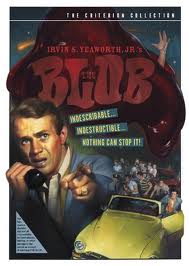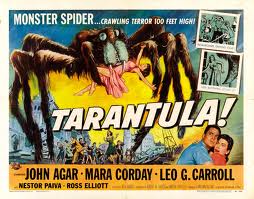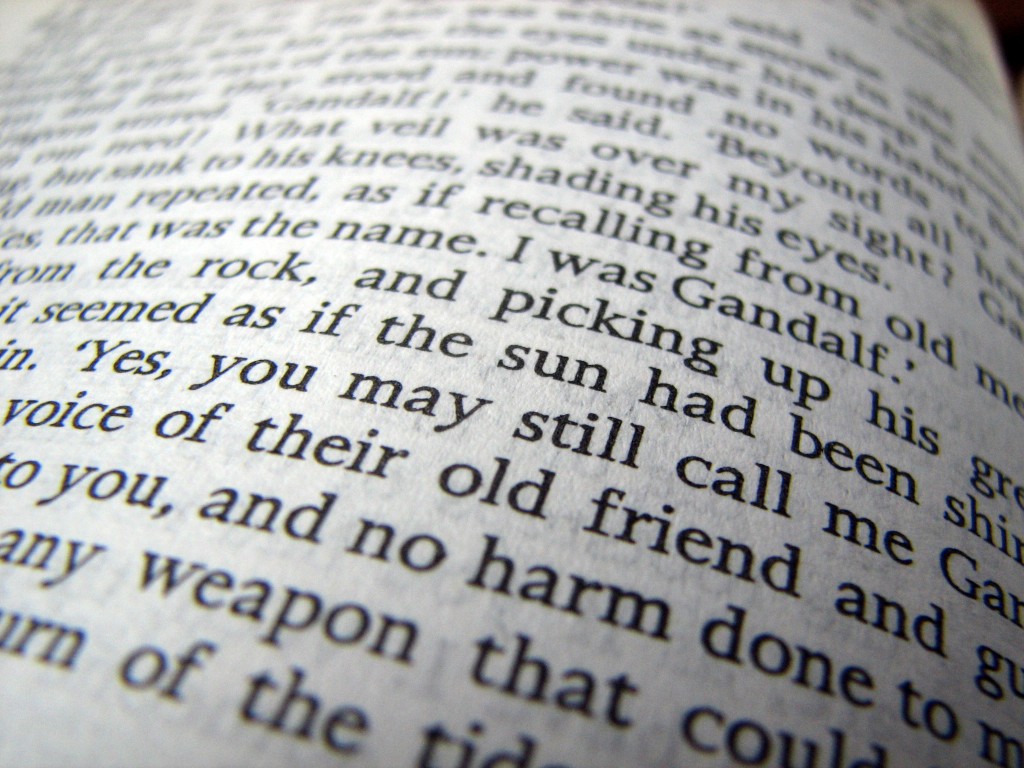A guest post by Sam Knight.
 My grandfather and my mother are avid readers, so I came by that honestly. Writing, however, is a different story.
My grandfather and my mother are avid readers, so I came by that honestly. Writing, however, is a different story.
I have a tendency to get sick. I mean really sick. If everyone else in the house has a sniffle, I have a cold. If they have colds, I have the flu. If everyone has the flu, I’m at the doctor’s. The problem with getting that sick, that often, is you get bored really stinking fast.
Being a child in the 70s, I didn’t have video games until Pong came out, and I could play that for only so long. Television was only worth watching for about two hours a day, and then only on some days (except Saturday morning cartoons!). Books, though… they worked 24/7.
One particular illness sticks out in my memory. I was in fifth grade and down sick with what I was told was the “Russian Flu.” I was miserable sick-except when I was reading. When I was reading, I was in another world. I could literally forget about my own problems! I would be so engrossed, the rest of the world ceased to exist. That was a godsend.
That was also my first real introduction to the idea of a series, where the story continued on into the next book. The world didn’t come to an end when I closed the book, there was another one waiting!
I read Patricia A. McKillip’s Riddle Master Trilogy, Piers Anthony’s Xanth Trilogy (back when there were only three), a trilogy collection of Edgar Rice Burrough’s John Carter books, and three or four of Alan Dean Foster’s Pip and Flinx series. When I ran out of new books, I re-read The Hobbit.
It was quite an eclectic mix, and I read them all in a little over a week. And then I went looking for more. Everything I could get my hands on. Up until that time, I had been a “reader.” I had read The Hobbit and The Lord of the Rings in fourth grade. But now, after doing so much reading, so intensively, I had become addicted. I had become a biblioholic. I had to have more!
I raided my mother’s bookshelves and then headed for my grandfather’s. I came away with armloads of Andre Norton, Robert Heinlein, Kenneth Robeson, Frank Herbert, and more.
Some sucked me in, others not so much. I was searching for authors with a specific talent-the ability to make me forget I was reading a book. I was actually trying to recreate what I had experienced while I was ill.
Yeah, I read the things the other kids were reading. The Mouse and the Motorcycle, Charlie and the Chocolate Factory, and the like. They were good, but… they didn’t transport me into another world the way I wanted.
I wasn’t in the game to read about little problems with kid brothers, or mysteries about missing toys. I wanted the Hero’s Journey. I wanted books that let me see Star Wars in my head. (We couldn’t just buy it and watch it anytime we wanted back then. Not to mention that, if I remember right, Star Wars was around $100 when it came out on VHS five or six years after theatrical release, and a brand new book was only $3.50.) I wanted books that let me live a different life.
And I found them. I found a lot of them. I started with authors I already knew could make a movie behind my eyes, and I got everything I could by them. I read Piers Anthony’s older sci-fi stories, and then I followed all of his new series as they came out. I followed Alan Dean Foster’s Pip and Flinx adventures all the way until 2009 when he finally wrapped it up. I’m still waiting for David Gerrold to finish The War Against the Chtorr series. (I’m not holding my breath, though…) Along the way, I found Robert Asprin’s Myth series, Lawrence Watt-Evan’s Ethshar books, Terry Pratchett’s Discworld, among others.
I worked sixty hours a week while attending college full-time, and I still made time to read. I would exchange books with co-workers. I gave away my copy of Douglas Adams’ Hitchhiker’s Guide to the Galaxy just to convince someone to read it, and then I went and bought myself another. I did that three times.
After I graduated, I carried my book du jour to work with me and read it during my lunch hour. At first my new co-workers laughed at me, but by the time I left there were close to a dozen people doing the same thing.
Why? Because books are magic. A well-crafted book made by a talented author will cast a spell over a reader and transport them to a new place, a different time, another life.
That’s what I was looking for when I was sick. A different life. And those wonderful authors gave it to me, even if it was just for stolen moments at a time. They gave it to me. And as I lay in that bed so many years ago, a thought drifted through my mind, a thought that stayed with me the rest of my life: I wanted to return the favor. I wanted to write something that could bring as much joy to those authors as they were giving me.
Ideas began bouncing around in my head after that. When I worked physical labor, I would entertain myself by thinking up stories. When I drove long distance, I would stay awake by imagining new places, new worlds, and new people. Eventually, I found that nearly anything would give me a story idea.
And soon, very soon, I will finally move beyond my apprenticeship and craft a story that repays my heroes. I will inspire the next generation, and honor the previous. I will write because I read, and it was wonderful.
* * *
Sam Knight refuses to be pinned down into a genre. If the idea grabs him, he writes it. Once upon a time, he was known to quote books the way some people quote movies, but now he claims having a family has made him forgetful, as a survival adaptation. He can be found at www.samknight.com and contacted at sam@samknight.com.



